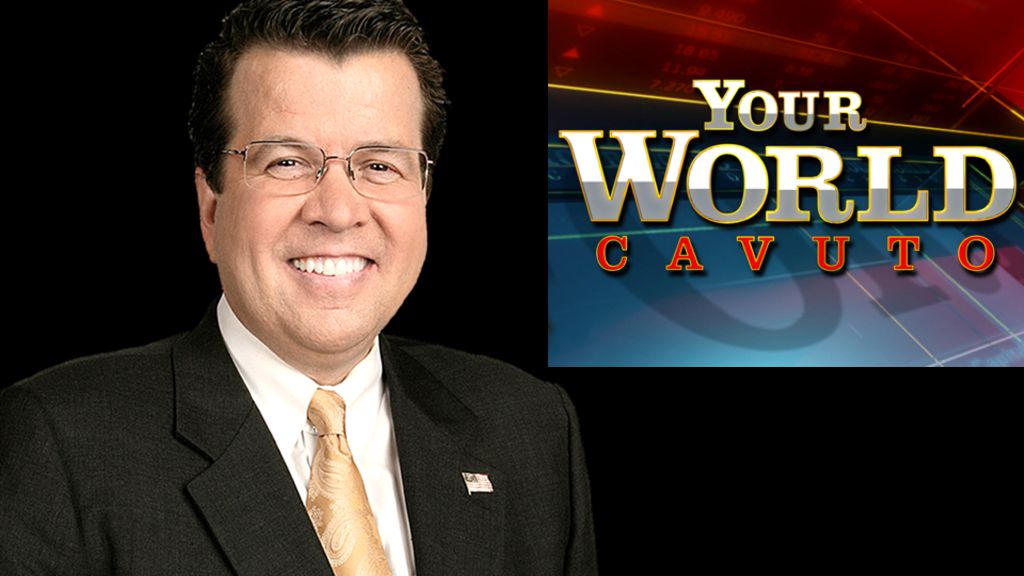The Democrat running for Congress in New York’s 14th district, Alexandria Ocasio-Cortez, appeared on PBS’ Fire Line hosted by Margaret Hoover in July of 2018.
According to Wikipedia, “The federal government is composed of three distinct branches: legislative, executive and judicial, whose powers are vested by the U.S. Constitution in the Congress, the president and the federal courts, respectively.”
“Unemployment is low because everyone has two jobs. Unemployment is low because people are working 60, 70, 80 hours a week and can barely feed their family.” (2:05)
“When this country started, we were not a capitalist — we did not operate on a capitalist economy.” (2:33)
Margaret Hoover: Do you think that capitalism has failed to deliver for working-class Americans or is no longer the best vehicle for working-class Americans?
Alexandria Ocasio-Cortez: Well, I think the numbers that you just talked about is part of the problem, right?
Because we look at these figures, and we say, ‘Oh, unemployment is low. Everything is fine,’ right?
Well, unemployment is low because everyone has two jobs.
Unemployment is low because people are working 60, 70, 80 hours a week and can barely feed their kids.
And so, I do think that, right now, when we have this no-holds-barred, Wild West hypercapitalism, what that means is profit at any cost.
Capitalism has not always existed in the world, and it will not always exist in the world.
When this country started, we were not a capitalist — we did not operate on a capitalist economy.
Alexandria Ocasio-Cortez on Israel’s “occupation of Palestine”
Hoover: You used the term ‘the occupation of Palestine.’
Ocasio-Cortez: Mm-hmm. Oh.
Hoover: What did you mean by that?
Ocasio-Cortez: Oh.
I think what I meant is, like, the settlements that are increasing in some of these areas and in places where Palestinians are experiencing difficulty in access to their housing and homes.
Hoover: Do you think you can expand on that?
Ocasio-Cortez: Yeah. I mean, I think I’d also just — I am not the expert [Laughing] at geopolitics on this issue.
You know, for me, I’m a firm believer in finding a two-state solution in this issue, and I’m happy to sit down with leaders on both of this — on both of these — for me, I just look at things through a human-rights lens.
And I may not use the right words.
[Laughs]
I know this is a very intense issue.







